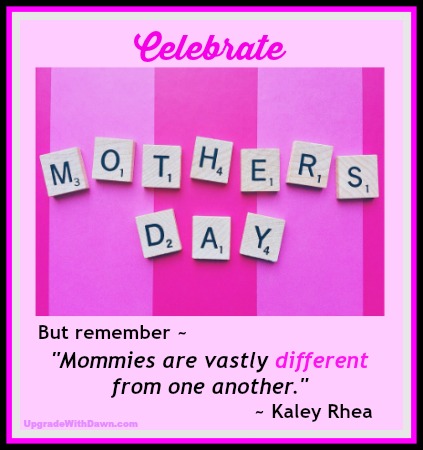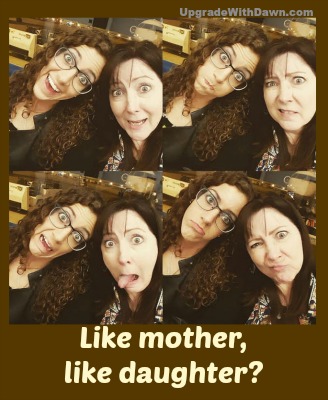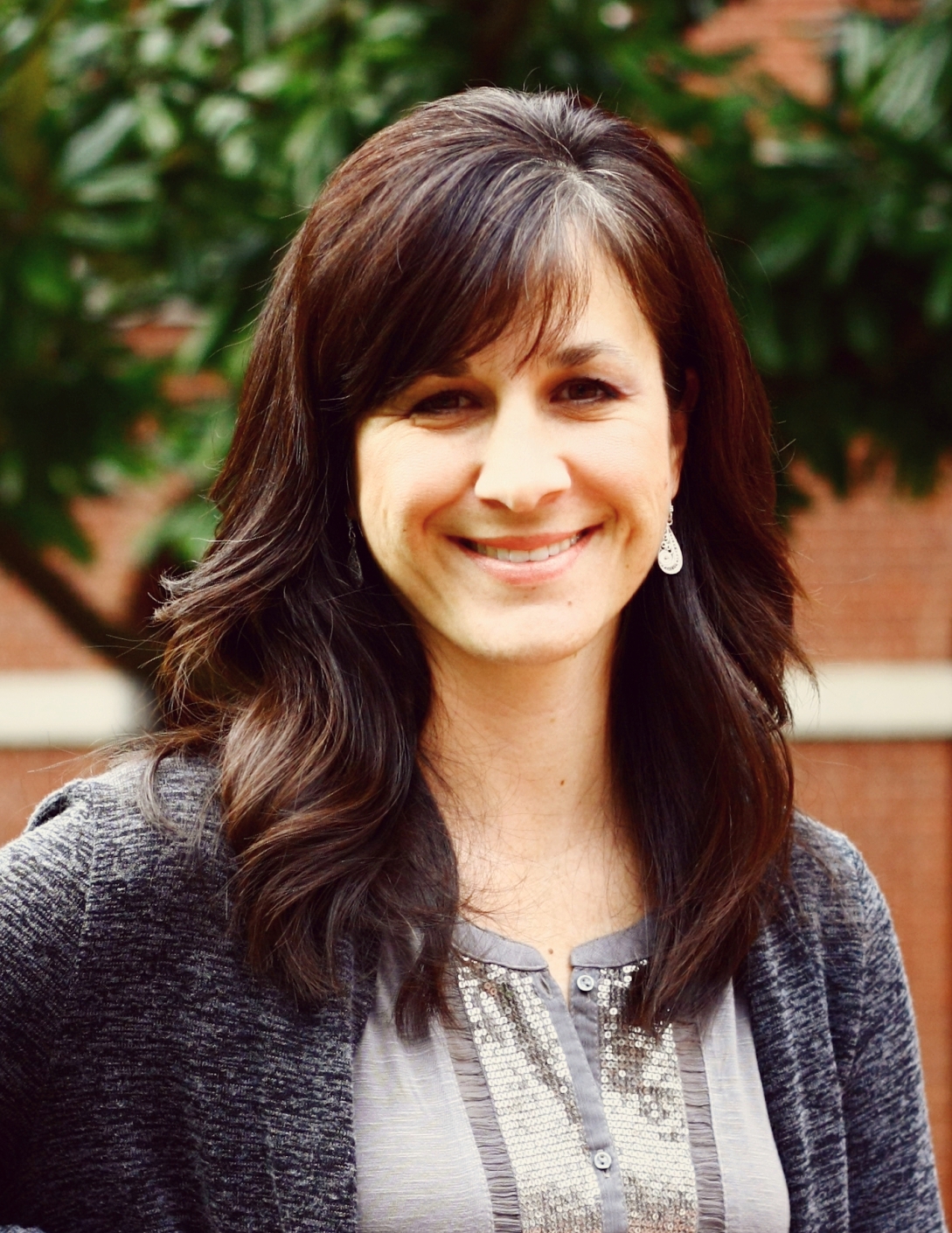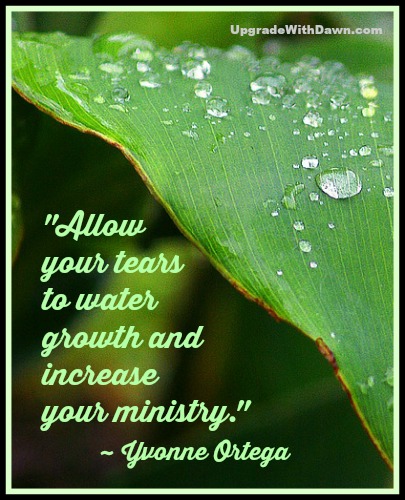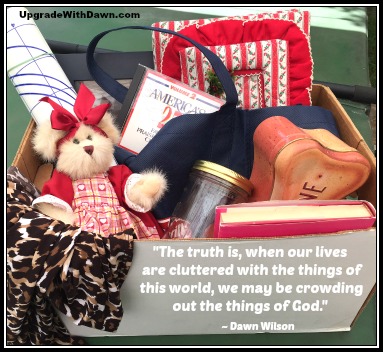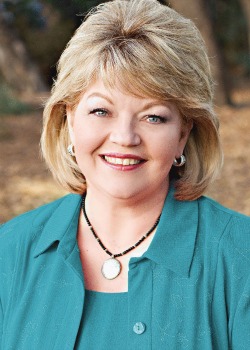Four Ways to Get through the Storm
In this Biblical Thinking UPGRADE, Kathy Carlton Willis refers to a tremendous "storm" she's 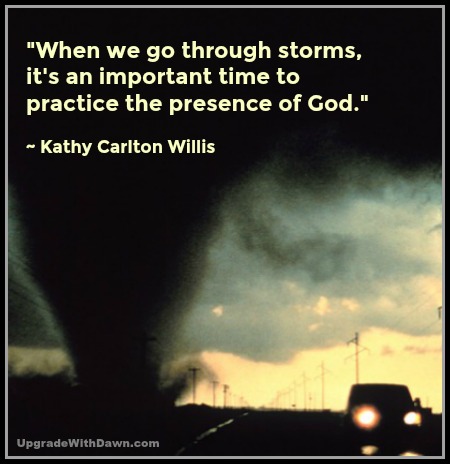 going through. I’m on the prayer team for Kathy and have been privy to her prayer needs. She doesn’t just share requests, but also how they affect her.
going through. I’m on the prayer team for Kathy and have been privy to her prayer needs. She doesn’t just share requests, but also how they affect her.
Kathy told me:
“I’m starting to look at the storms of life differently.”
That piqued my (Dawn's) interest. She’s been through plenty of storms—enough to provide a full education on how to be a storm dweller!
Kathy continues . . .
I had just been to see a surgeon and infectious disease doctor about an ongoing medical situation. While in the medical center, a tornado warning was issued. A twister had been spotted in the vicinity.
But I stayed put—I needed to hear what the doctors would say regarding my health.
Their words still rang in my ears as we stepped into our car. Thankfully, my husband Russ was there to drive us the one hundred miles home.
The worst storm imaginable buffeted us from every angle. We’d driven through hurricanes and tropical storms and hail, but this was worse.
Every time I prayed for God to remove the storm, the storm worsened.
The sky grew darker, the rain pounded worse, no visibility, hydroplaning, wind, and more.
It wasn’t until I quit praying for God to remove the storm, and simply asked Him to be with us in it and to get us through it, that the rain lightened up a bit and we could see our way. Eventually we could resume our normal speed and found our way home.
Once I realized it was God’s presence that gave me such powerful peace through the storm, I thought of this verse in Joshua:
“This is my command—be strong and courageous! Do not be afraid or discouraged. For the Lord your God is with you wherever you go” (Joshua 1:9 NLT).
Brother Lawrence wrote a book titled The Practice of the Presence of God. This monk expressed the importance of not reserving awareness of God’s presence for church services. He taught how it took practice to focus on God and bring Him into everyday living.
Of course, God is always there, but this practice is a discipline to be mindful of His presence by your side (and in you). Brother Lawrence learned to do life with God, whether he was involved in a household chore, taking a walk, or something else. He turned mundane activities into opportunities to talk to God (and listen).
When we go through storms, it’s an important time to practice the presence of God.
When you let go of your expectation that God is the Great Fixer, and instead be content that He is the Great Friend, you can get through any difficult time.
Here are four ways to do that:
1. Be mindful of God with you.
He’s always there, but it’s up to you to sense His presence. Be on the lookout!
2. Swap prayers for praise.
When we swap our focus from our needs to His deeds, we realize His presence is enough to get through this storm.
3. Surrender your agenda.
He’s a big enough God to take care of us, no matter what the storm is.
(I think of how calm Jesus was when the storm hit the disciples’ boat. I want that calmness!)
4. Daydream about God.
Use your everyday, routine, mindless tasks as an opportunity to fix your thoughts on Jesus.
How much BETTER this is than to fill in the blank spaces with regrets about what is past or worries about what is yet to come.
And then when the storms do come, you’re ready to face them.
How will you invite Jesus to hang out with you in the midst of your current storm?
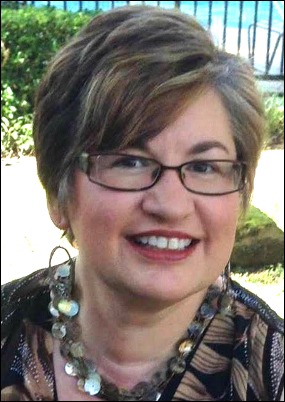 God’s Grin Gal, Kathy Carlton Willis, shines the light on what holds you back so you can grow. She’s a speaker and author with over a thousand articles
God’s Grin Gal, Kathy Carlton Willis, shines the light on what holds you back so you can grow. She’s a speaker and author with over a thousand articles  online and in print, as well as her Bible study, Grin with Grace. She’s a bi-monthly columnist with CBN and a devotional writer for Todd Starnes. She and her husband Russ live in Texas with Jazzy, their hilarious Boston Terrier.
online and in print, as well as her Bible study, Grin with Grace. She’s a bi-monthly columnist with CBN and a devotional writer for Todd Starnes. She and her husband Russ live in Texas with Jazzy, their hilarious Boston Terrier.
Graphic adapted, courtesy of skeeze at Pixabay.
 Post a Comment → Posted on
Post a Comment → Posted on  Tuesday, May 16, 2017 at 8:34AM
Tuesday, May 16, 2017 at 8:34AM  Focus on Jesus,
Focus on Jesus,  Get through your storm,
Get through your storm,  God is with you,
God is with you,  God's Presence,
God's Presence,  Kathy Carlton Willis,
Kathy Carlton Willis,  Peace,
Peace,  Praise,
Praise,  Prayer,
Prayer,  Storms,
Storms,  Surrender,
Surrender,  Tornado,
Tornado,  Upgrade with Dawn Upgrade Your Life
Upgrade with Dawn Upgrade Your Life  Biblical Thinking,
Biblical Thinking,  Trials
Trials 




